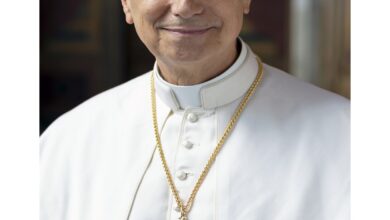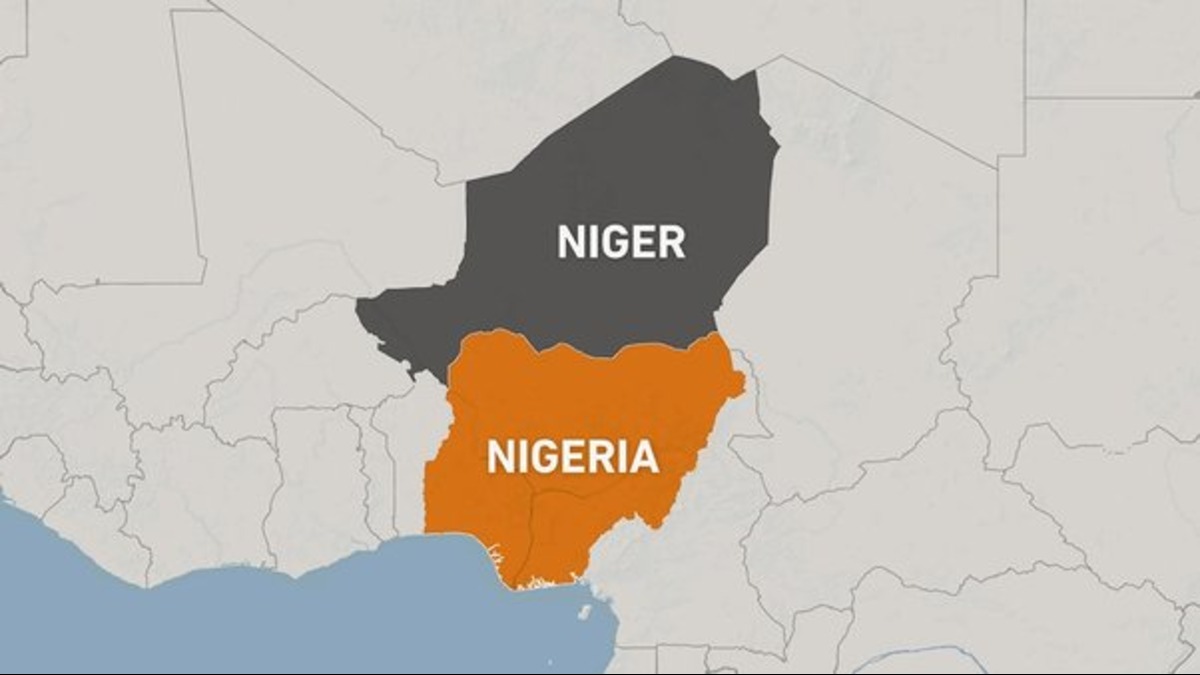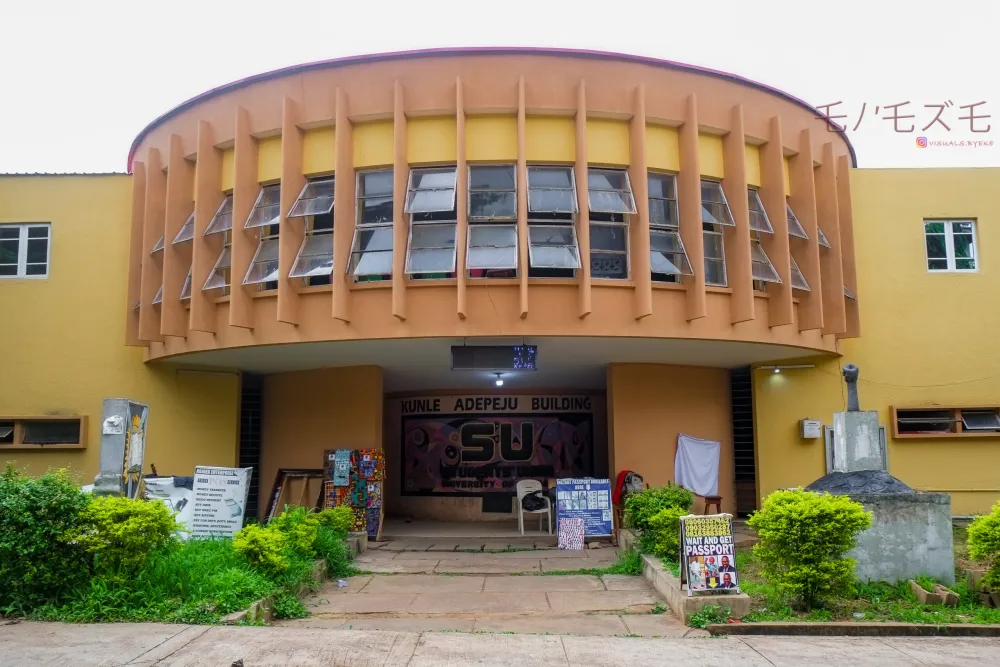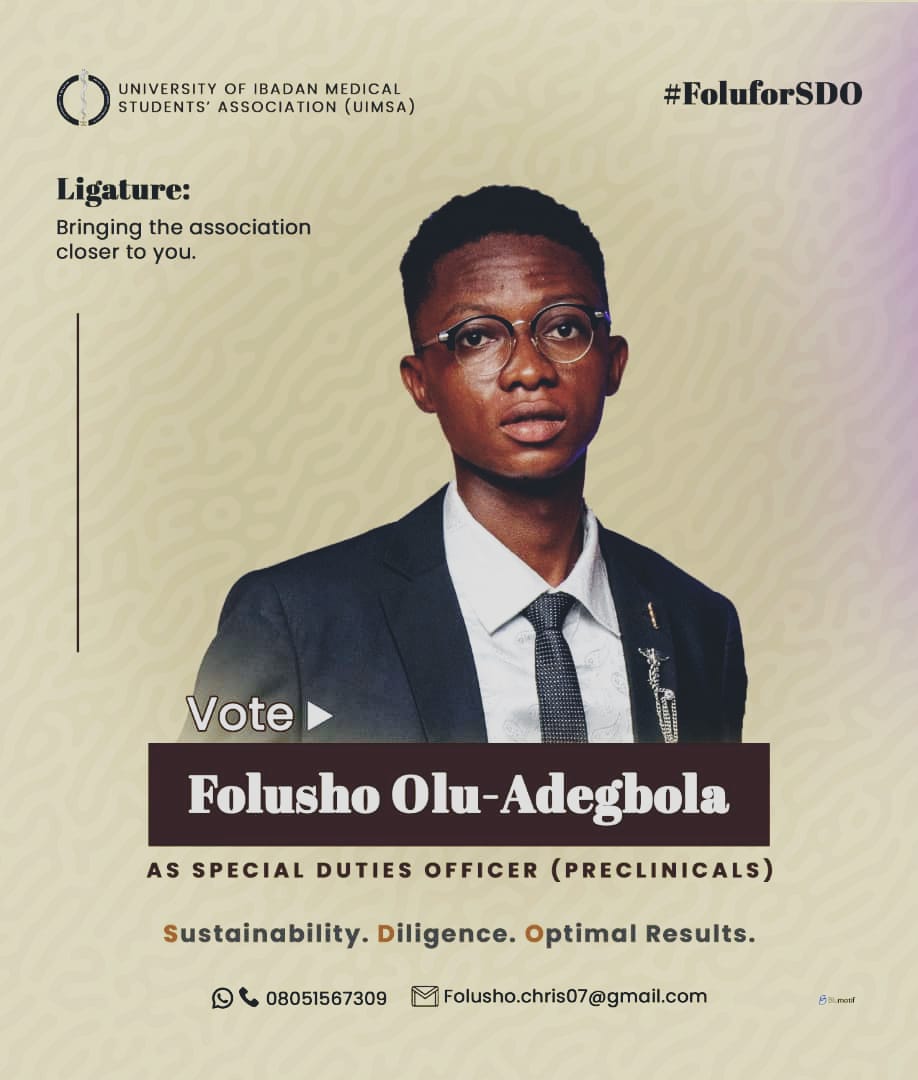Blood is Thicker than Oil: The Crisis in Rivers State
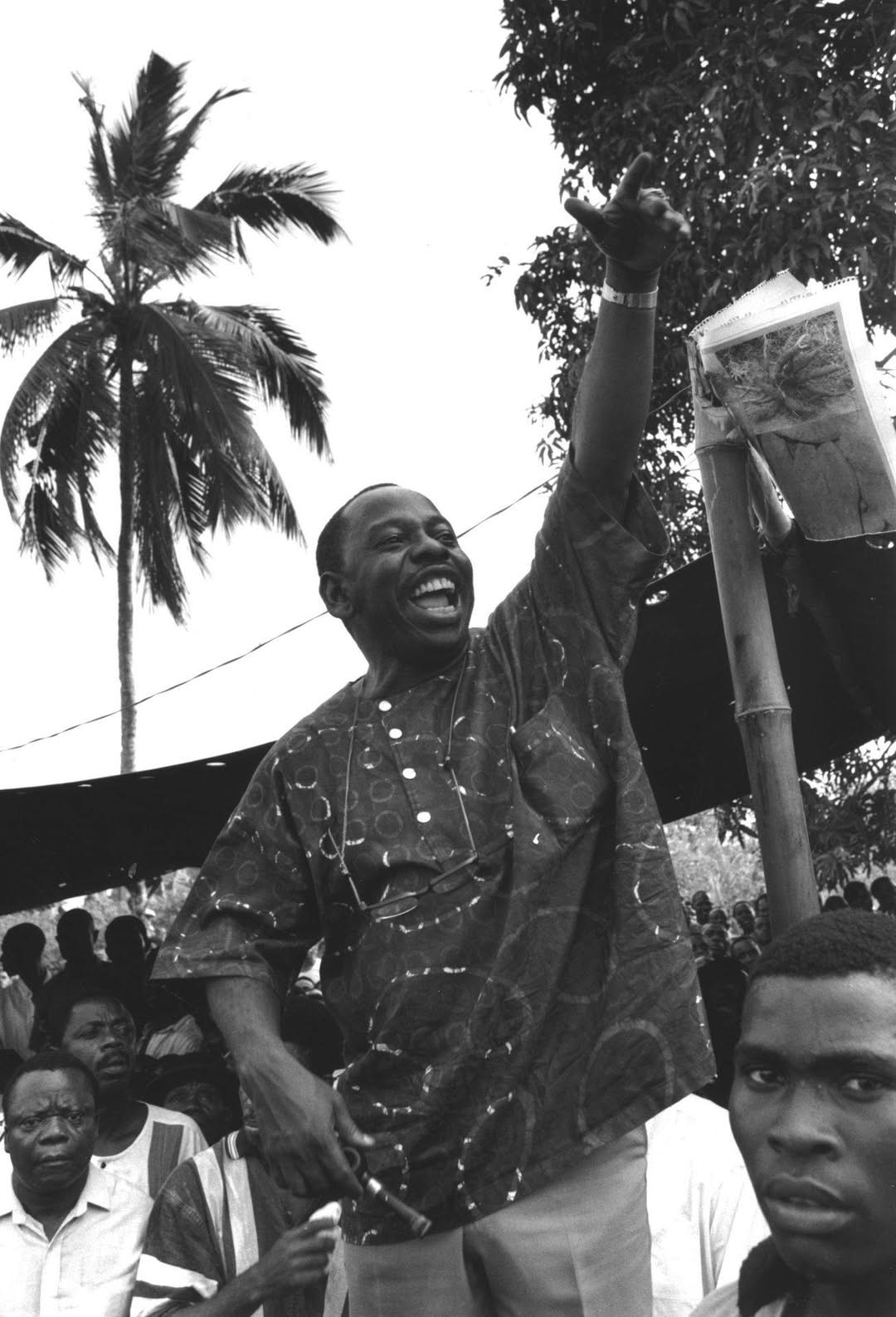
Thirty years since Saro-Wiwa’s execution under the Abacha-led military junta, the issues that prompted his activism rankle. It is laughably ironic that every single factor which made him raise that fist in defiance against the ruling class is still plaguing Nigeria today. The Niger Delta remains polluted, Shell’s cleanup operations having been criticised as quite literally surface-level, with efforts focused on covering oil spills with mud and sand rather than actually remove these pollutants. The billion-dollar Ogoniland cleanup initiative, Hyprep (Hydrocarbon Pollution Remediation Project), financed by the Nigerian government and various oil companies, most notably, Shell and NNPC, has been denounced as ineffective—despite nine years of supposed cleanup efforts, groundwater pollution remains particularly detrimental to residents of the most affected areas, with natives of Bodo and Ogale, Rivers State, reported to spend significant amounts on clean water to use for drinking, cooking, washing and flushing. The alternative is disease, and indeed, many are forced to take this route, drinking water contaminated with Benzene, a known carcinogen, a staggering 900 times above WHO guidelines. The same chemical pervades the air in Rivers State as a result of widespread gas flaring by these oil companies, leading to our signature black soot. Shell Nigeria is still in operation today, albeit having sold her mainland assets to focus on off-shore exploration, perhaps in a bid to avoid lawsuits, militancy and all the facets of the drawn out Niger Delta resistance. The Niger Delta remain a tool for the ruling class, naught more than a cow to be milked, the federal government’s prostitute that she uses and discards at will. Vast swathes of the region remain inexorably underdeveloped, with Bayelsa State as recently as 2022 described as the second-poorest state in Nigeria after Sokoto by the National Bureau of Statistics, the same Multidimensional Poverty Index noting a significant 78% of Bayelsa households as having no access to clean drinking water. Given that crude oil was first discovered in Nigeria in Oloibiri, Bayelsa, in 1956, it is beyond ludicrous for that state to be described as having an 88.5% poverty rate. But perhaps most inexplicably, Rivers State is now under the very same military rule Kenule Beeson Saro-Wiwa and his peers campaigned against, following the declaration of a State of Emergency in the region by President Bola Ahmed Tinubu and installation of a Military Administrator, Vice Admiral Ibok-Ete Ekwe Ibas.
What then is the genesis of this latest chapter in Nigeria’s failings, and how has this political crisis come about? Our two main actors in this debacle are Nyesom Wike, Minister of the Federal Capital Territory and 16th Governor of Rivers State (2015-2023), and Siminalayi Fubara, Accountant General of Rivers State (2020-2022), and up until the 18th of March 2025, 17th Governor of Rivers State. In a public address, the President proclaimed, “As it is, there is no government in Rivers State,” decrying the demolishment of the State House of Assembly by Governor Fubara on 13th December, 2023 for “unjustifiable reasons”, and arguing that the Rivers State government could not operate without the legislature, one of its three key arms, citing this event as gravely unconstitutional and a disregard of the rule of law. Reports of pipeline vandalisation were also alluded to, with Fubara deemed to be “[not] taking any action to curtail them (militants),” and even accused of not disavowing militants who had threatened violence against the Minister of the FCT. Concluding, Fubara and his deputy, Mrs Ngozi Odu, as well as the elected members of the Rivers State House of Assembly, were suspended for an initial period of six months, with Vice Admiral Ibok-Ete Ekwe Ibas nominated as sole administrator.
But first, one must understand the events leading up to this, the long-running feud between Wike and Fubara, which has threatened to destabilise Rivers, the jewel in Nigeria’s crown of black gold, and the power struggle which has seen the Rivers State House of Assembly long since compromised, split on either side of the political divide. All would have appeared particularly innocuous when Wike’s tenure as Governor came to an end on the 29th of May, 2023, to be succeeded by Fubara who served as Accountant General in Wike’s cabinet from December, 2020 to May 2022, when he won the People’s Democratic Party (PDP) governorship primaries for the 2023 elections, situated under the same PDP umbrella as his predecessor. But the political scene was already taking a turn for the worse, given that in the infamous PDP Presidential primaries of 2022, the same primaries that saw Peter Obi pull out in the buildup and decamp to the Labour Party (LP), Wike was bested by perennial presidential candidate, Atiku Abubakar, and would soon take up arms against the party, leveraging his influence in Rivers State to work covertly towards the interests of the All Progressive Council (APC), and her candidate, Bola Ahmed Tinubu, an effort that will be rewarded with a ministerial appointment come August 2023. The ever-changing nature of political affiliations in Nigeria marked this all as nothing new, and in his last days at the People’s Democratic Party, Nyesom Wike would campaign actively for Siminalayi Fubara. He was the godfather now, and he had chosen his successor.
It typified everything wrong with Nigerian politics. Fubara, up until that point, was a no-name on the political landscape so to speak, acting only as a public servant and serving as Accountant General during Wike’s tenure. The wily Ikwerre politician, however, would see this nondescript background and deferential nature of his employee as an asset however, and marked the Opobo man as his successor. Wike would purchase the PDP ticket on Fubara’s behalf in 2022 and spearhead the campaign through to 2023 as though he was campaigning himself for a third term. And in essence, he was. Nyesom Wike had at this point already purchased extensive amounts of property in the oil-rich Rivers State, and to have someone of his own choosing continue as Governor would only serve to consolidate power within Rivers as he sought to focus his attentions on the Federal Government and his presidential bid. He was Gilgamesh, determined to have it all, to live forever. And it’s not at all a new occurrence in Nigeria. Most notably, the current Nigerian president’s stranglehold on Lagos affairs would continue even some twenty years since he served as Governor, because he built a model of political successions and favours that continues to serve him and his family. It is for this same reason that the immediate precedent of Fubara as the ‘bad boy Governor’ who went against his godfather is Akinwumi Ambode, who served one term in Lagos State between 2015 and 2019 before controversially losing the APC primaries in favour of the more amenable Babajide Sanwo-Olu. Of interest, Ambode also served as Accountant General of Lagos State under Tinubu. Much can be said of the intimate relationship between politicians of chequered history and their beloved partners-in-crime… pardon me, accountants. In any case, Wike and Fubara’s relationship would become strained a mere three months after the latter’s inauguration as Governor, over predictably, financial issues. As another former Governor of Rivers, Rotimi Amaechi, would put it, “The fight between the current governor of Rivers State and the FCT minister is about sharing money. If not, what is the quarrel?” It’s a common theme in Nigerian politics, with godfathers seeking to recoup their investment from the government’s purse, and the newly empowered godson seeking to assert himself in the dynamic. Fubara would however soon establish contact with Wike’s political rivals, all of which would serve to make the Minister of the FCT more irate, especially in the wake of his loss in the PDP presidential primaries, and his perceived betrayal by these men. This, and disputes over the appointment of commissioners would bring things to an impasse, with Fubara’s power as governor undermined, at one point told he cannot approve any monetary allocation over 30 million Naira without approval from Abuja.
Things would come to a head when on 29th October, 2023, on the eve of an impeachment attempt on Governor Fubara, a section of the State House of Assembly complex would be bombed by suspected arsonists, according to George Nwaeke, immediate past head of the Rivers State Civil Service, on the orders of Siminalayi Fubara himself, an allegation that the suspended Governor has since described as laughable and motivated by “those who may have paid or coerced him to lie against me.” A failed mediation attempt at the Presidential villa would follow two days later, before a staggering 27-man faction of the Rivers State House of Assembly loyal to Wike would defect from PDP to APC at the close of the year. A peace deal would however be signed on the 18th of December, 2023 at a meeting convened by President Bola Tinubu, clearly concerned at the political tension in oil-rich Rivers. But renewed strife came in May 2024, with Fubara denouncing lawmakers loyal to Wike, leaving only a three-member Rivers Assembly to conduct their legislative business, rather inconceivably, in the Government House in Port Harcourt! With a State High Court barring Wike’s allies from parading themselves as lawmakers, it signified a full collapse of the legislative arm of government of Rivers State, still riddled by a now snowballing conflict between the two men. With commisioners loyal to Nyesom Wike resigning, violence in Port Harcourt’s streets would soon ensue. In June 2024, Wike’s bronze bust at the Obio/Akpor secretariat would be pulled down by irate youths, with gunshots heard as armed men moved into a council secretariat to enforce Fubara’s order that former Local Government chairpersons vacate their offices after the expiration of their tenures. This came amidst the expiration of the three-year tenure of elected council officials in the state, and the refusal of chairpersons loyal to the FCT minister to vacate their posts, relying on the Local Government Administration Law, amended by pro-Wike lawmakers to extend their tenure by six months, and stripping Fubara of power to setup caretaker committees for the councils. With the same State High Court injunction barring 27 pro-Wike lawmakers from parading as members of the Rivers House of Assembly striking this law out, forces loyal to Fubara saw it fit to enforce this themselves. Pro-Wike lawmakers would later still be reinstated by an Abuja appeal court, and further violence would follow in the October 2024 Local Government elections, Local Government Council secretariats set ablaze in Ikwerre, Emohua and Eleme.
As recently as 31st March, 2025, an aide of Fubara, his Special Assistant on Electronic Media, Jerry Omotsegunwa would declare that Wike still hadn’t told Fubara the reason for their hostilities, inferring a total breakdown in communication since 2023. This feud has, in effect, made a caricature of the Rivers State Government like we have never seen before. To see the crippling effects on Government of the godfatherism so prevalent in Nigeria in full glare begins to show us the scale of our failures as a country. Are things truly better than thirty years ago with this government of self-interest? Much can be said on the legality of the suspension of a democratically elected government, but there is no doubt that in her current state, both the executive and legislative arms of the Rivers State Government have been crippled, and absolutely cannot be allowed to continue as is. Section 305 of the 1999 constitution indeed grants the President of the Federal Republic the power to issue a state of emergency in the Federation or any part thereof, for various reasons including war or threat of it, actual or imminent breakdown of law and order, natural disasters, or on request by the Government of a state. And while Fubara and the Rivers State House of Assembly made no such request, their failure to do so within a ‘reasonable time’ as outlined in the constitution allows the Presidency to wade into the matter, a point underscored in the Aso Rock Press release. River’s situation can be described as an actual breakdown of law and order with political infighting forestalling effective government in the state for the entire two years of this tenure, and with increased pipeline vandalism and River’s ever-volatile youths growing increasingly agitated, such strong action is justifiable, regrettably so. However, implementation of this state of emergency is subject to the approval of two thirds of both the Senate and the House of Representatives, so to see them choose a voice vote, a cacophony of ayes and nayes for a matter of national security is disheartening. How are we to get a full picture of the stance of the majority without a formal recorded vote? Where is the transparency? Where is the accountability? In any case, our rubber-stamp senate, led by the embattled Godswill Akpabio has once again acted in line with the Presidency. Henry Seriake Dickson, Bayelsa West, had a brief spat with the Senate President in those hallowed chambers on the lack of due process with this particular ruling, and the unavailability of the President to address the Senate in a closed session on the prevailing circumstances, but Bola Ahmed Tinubu would indeed never address the Senate. Whether what we are practicing is indeed democracy, only time will tell.
The other matter of the suspension of the Rivers State Government however is more nuanced, with this decision roundly criticised by most of the political class, including former public servants, Rotimi Amaechi and Goodluck Ebele Jonathan. To put it simply, there is no provision in the Nigerian constitution for suspension of democratically elected officials, but there is a precedent. In 2004, then-President Olusegun Obasanjo declared a state of emergency in Plateau state due to a poorly managed ethnoreligious genocide of unimagineable scale in the aftermath of the 9/11 terrorist attacks in the US, that saw Muslims and Christians alike slain in scores by militia on either side of the Abrahamic divide, The New Humanitarian reporting 53,000 deaths in that period, and summarily suspended Plateau Governor, Joshua Dariye, and the state legislature, appointing Chris Alli, a retired general as sole administrator—identical sanctions to today. At the time, a suit filed against the President in the Supreme Court by the Plateau government and the State House of Assemby challenging the validity of that declaration by the constitution was struck out on jurisdictional grounds, following a counter claim by Sole Administrator, Alli, that the aggrieved parties had no grounds to file a suit on behalf of the Plateau State Government as he had given them no instruction to do so. So the technicality here is that the actual bone of contention was never actually challenged in the Supreme Court, so to an extent, this is still virgin waters as far as the law goes. Would this same sequence of events play out should this matter go to trial once again? Only time will tell.
Rivers politics remains a keenly contested battlefield however, and it should be interesting at least to watch how things play out from here. One must look back on that hallowed document, nope, not the constitution, as that clearly holds no weight in this nation, but the final address of Kenule Beeson Saro-Wiwa to the military-appointed tribunal before his execution along with the Ogoni nine on 10th November, 1995, on frankly ridiculous trumped-up charges of ‘Incitement to Murder’. We all stand before history, still appalled by the denigrating poverty of our people who live on a richly endowed land, still distressed by their political marginalisation and economic strangulation, still angered by the devastation of their land, still anxious to preserve their right to life and to a decent living, and still determined to usher to this country as a whole, a fair and just democratic system which protects everyone and every ethnic group, and gives us all a valid claim to human civilisation. Nigeria remains on trial, and it is time to revaluate the lens through which we view the Niger Delta. The Niger Delta’s own leaders too are on trial, for with Saro-Wiwa and the Ogoni nine died a true and just agitation for the betterment of our people, the grifters at the helm of affairs now only pursuing self-interest and political relevance, for if any one man is to become bigger than Rivers State is to destroy The Garden City. Is the blood in the creeks thicker than the oil in our pipelines? Do the lives of our people killed by disease, explosions and gunfire arising from this very resource truly matter more than the monetary value of our reserves? Because neither the Presidency nor the Senate could even act decisively until reports of pipeline vandalisation made the news. And for that very reason, the state of Rivers’ pipelines would always be of more concern to them than reports of the continued killings of even soldiers of the Federal Republic in the North-East. For the murder, rape and displacement of tens of thousands is of less consequence than the dollars we could lose if we don’t destroy our environment the more to sell a few more barrels. One must close as KSW did, with the Surah 42, verse 41, “All those that fight when oppressed incur no guilt, but Allah shall punish the oppressor.”
